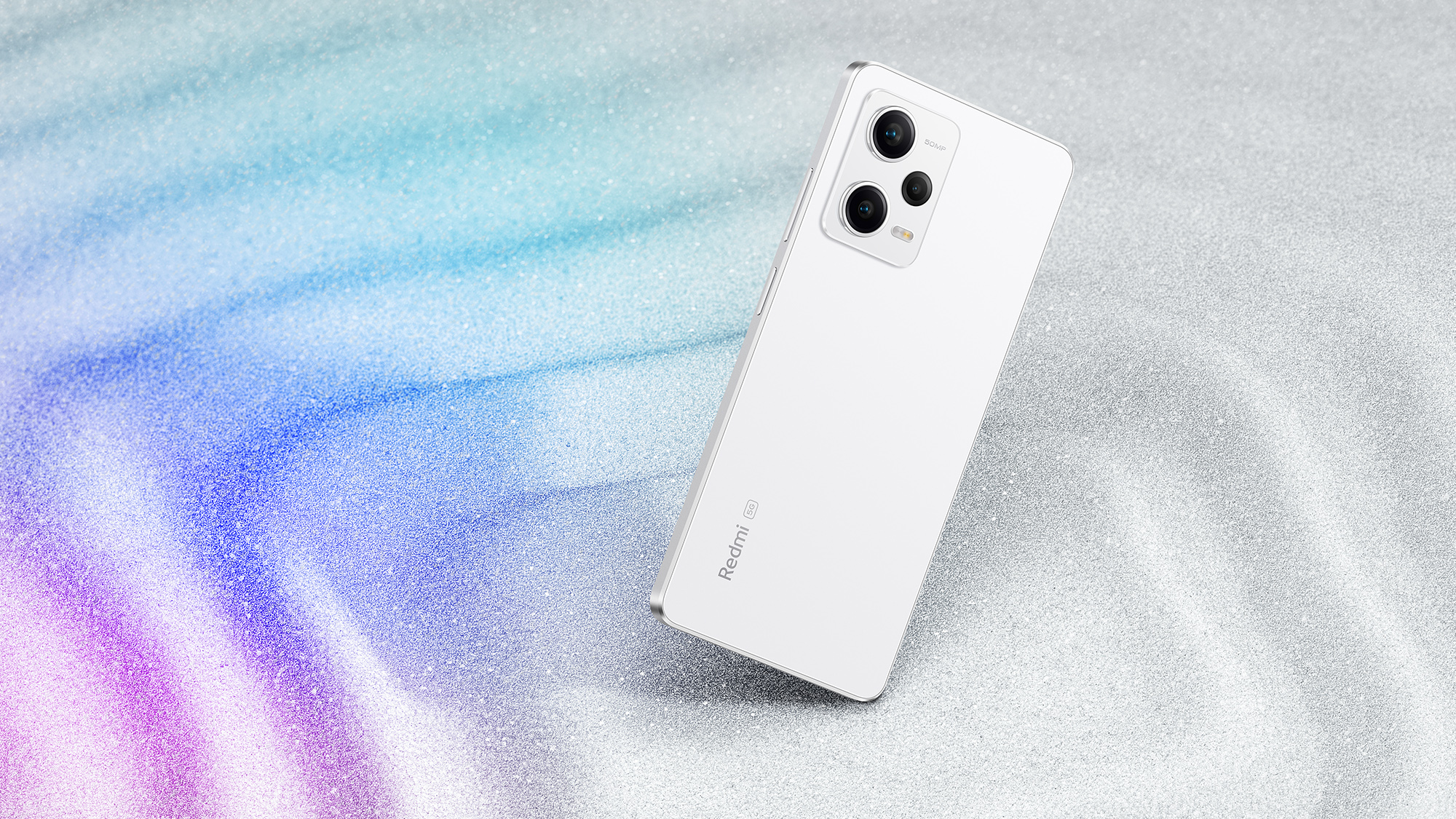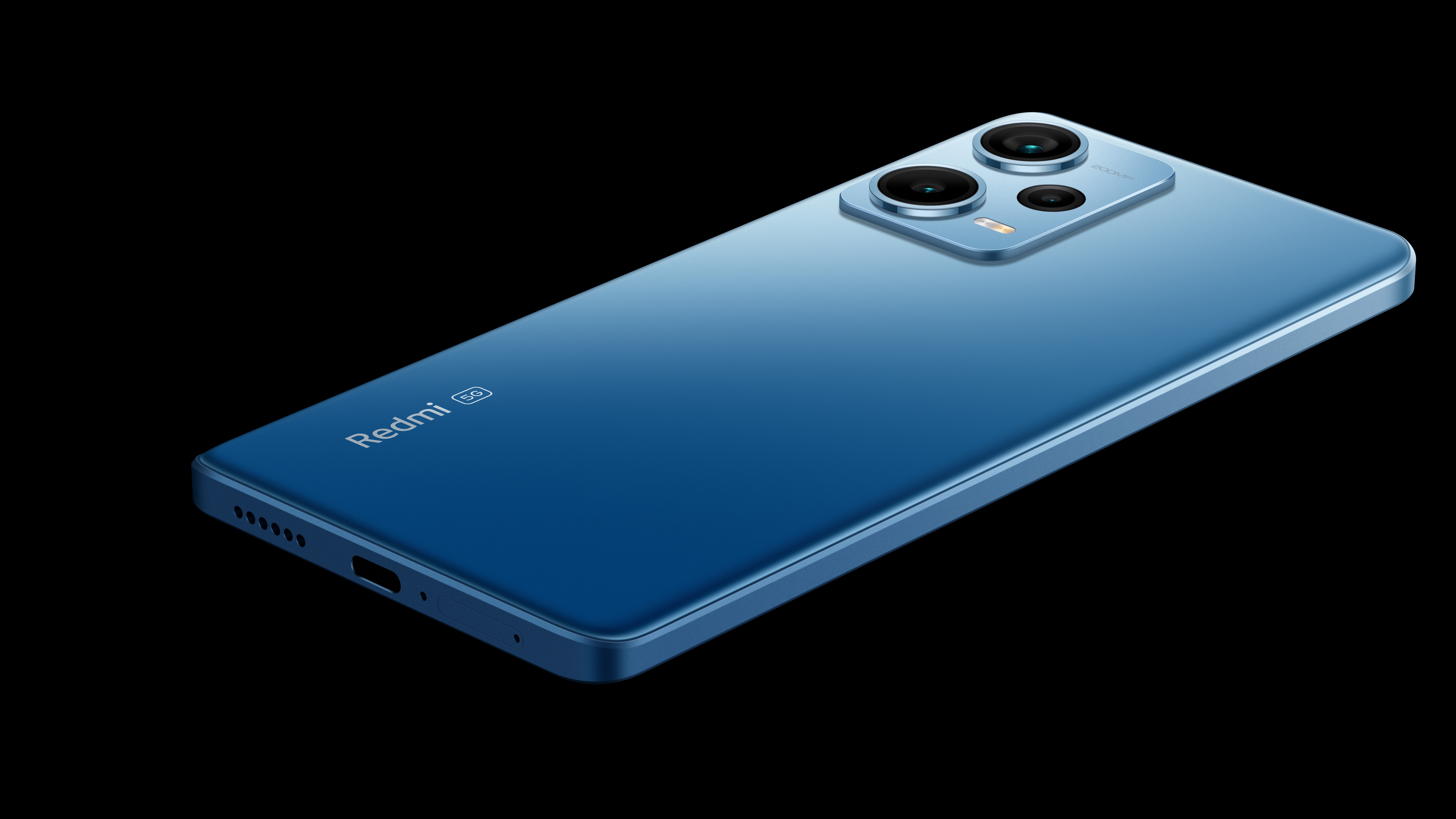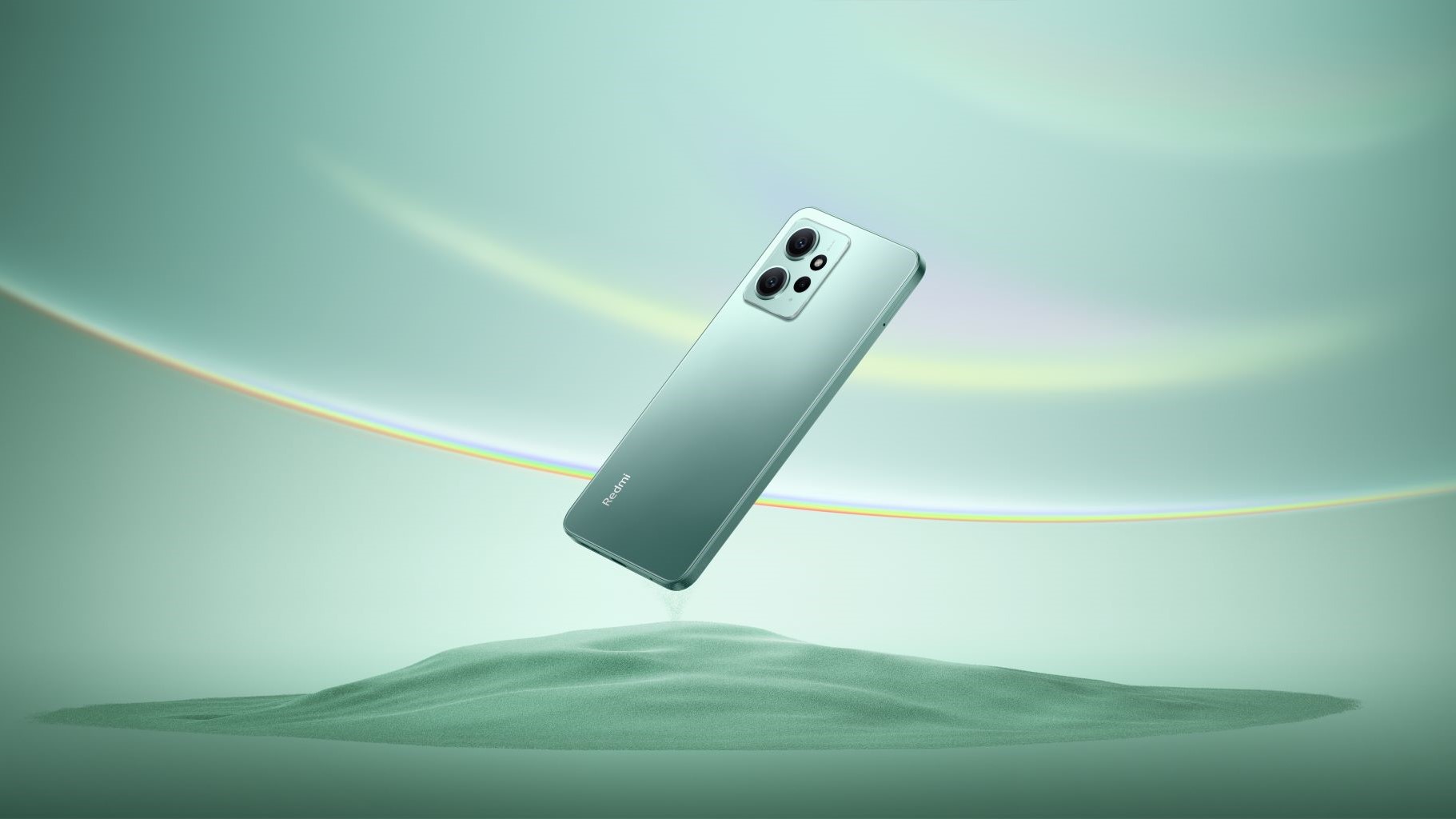Redmi Note 12 Pro Plus debuts with 120W fast charging and 200MP camera
Big numbers, small prices

Sign up for breaking news, reviews, opinion, top tech deals, and more.
You are now subscribed
Your newsletter sign-up was successful
Xiaomi subsidiary Redmi has just introduced the Note 12 Series; its latest flagship line of products. It’s not technically a true flagship tier of devices, but that’s what the latest Xiaomi 13 is for. Rather, the Note 12 series continues the brand's efforts to nail down the most important features of a smartphone while dialling down on unnecessary niceties.
The Redmi Note 12 series is made up of four phones: the Redmi Note 12, Redmi Note 12 5G, Redmi Note 12 Pro 5G, and Redmi Note 12 Pro Plus 5G, with the Note 12, 12 5G and 12 Pro Plus 5G set to go on sale in the UK on March 24 (at retailers including Xiaomi, Argos, Very and Amazon UK), while the regional availability of the 12 Pro 5G is still to be confirmed.
Pricing starts at £219 (approximately $270 / AU$400) for the standard Note 12, £279 (approximately $345 / AU$510) for the baseline Note 12 5G, £339 (approximately $420 / AU$620) for the Note 12 Pro 5G and £449 (approximately $550 / AU$820) for the Note 12 Pro Plus 5G.
Though all four phones appear similar on the face of it, there are differences between them. All the phones sport the 6.67-inch AMOLED display with a 120Hz refresh rate, with the differences showing beyond that. The Redmi Note 12 Pro Plus uses Gorilla Glass 5 protection on both sides, as does the Redmi Note 12 Pro. The Note 12 and 12 5G sport older Gorilla Glass 3, and only on the front.
Cameras and charging are two other points of focus for the lineup. Naturally, the Note 12 Pro and Pro Plus come in the lead here. The Pro Plus gets a 200MP primary camera while the Pro gets the same 50MP Sony IMX766 you’ll find in the phenomenal Oppo Find X5 Pro. The Redmi Note 12 and Note 12 5G also get 48MP and 50MP cameras, respectively but the company didn’t specify which particular sensors are at play. Tertiary cameras for all agree on an 8MP ultrawide camera, and a 2MP macro camera. The front varies between 16MP for the Pro devices and 13MP for the non-Pro devices.

Charging-wise, the Redmi Note 12 Pro and Pro Plus take the lead on this, with a 5,000mAh battery and amazing 67W and 120W peak charging speeds, respectively. That’s not as fast as the Realme GT 3 (what is right now?), but they’ll certainly leave your iPhone or Samsung in the dust. The Note 12 and Note 12 5G aren’t quite as fast, but 33W should still be plenty for most people. At least they all come with in-box chargers.
It’s a mixed bag when it comes to the rest of it. The Pro Plus and Pro have powerful MediaTek 1080 processors paired with up to 8GB of RAM and up to 256GB of storage, while the Note 12 sports Qualcomm’s Snapdragon 685 and the Note 12 5G rocks the chip maker’s latest Snapdragon 4 Gen 1; again with up to 8GB of RAM and up to 128GB of storage. The non-Pro models are also microSD expandable, up to 1TB.
Sign up for breaking news, reviews, opinion, top tech deals, and more.
They all have the latest MIUI 14 user experience, which would be a plus if all but the Redmi Note 12 weren’t based on Android 12 as opposed to the more recent Android 13. Vibrant finishes are here aplenty; with black, white, blue, and green colorways present, depending on which device you pick.
A formidable lineup

The Redmi Note 12 series continues the company’s goal of making powerful devices affordable. Certainly, the likes of Google’s Pixel 6a operates as one of the best cheap phones you can buy, but you can get a lot more from the (presumably) similarly-priced Redmi Note 12 Pro Plus.
A 120Hz display, for example, is still a flagship feature for the likes of Apple and Google, and neither company has gotten close to a 200MP sensor yet. There are many reasons why one would thumb their nose down at the somewhat unsophisticated, brute-force approach Redmi takes with its devices, but there’s no denying the brand has its finger on the pulse, and is incredibly responsive to the needs of the markets it serves, meaning these have to potential to find their way onto our list of the best Xiaomi phones, if all goes well during review.
The Redmi Note 12 and the Redmi Note 12 Pro may not be as good, but if you need a big screen, a fast-charging phone that lasts all day, and a decent camera that captures a lot of detail, there are few phones which look as good in this category.

A UK-based tech journalist for TechRadar, helping keep track and make sense of the fast-paced world of tech with a primary focus on mobile phones, tablets, and wearables.
When not writing on TechRadar, I can often be found reading fiction, writing for fun, or working out.